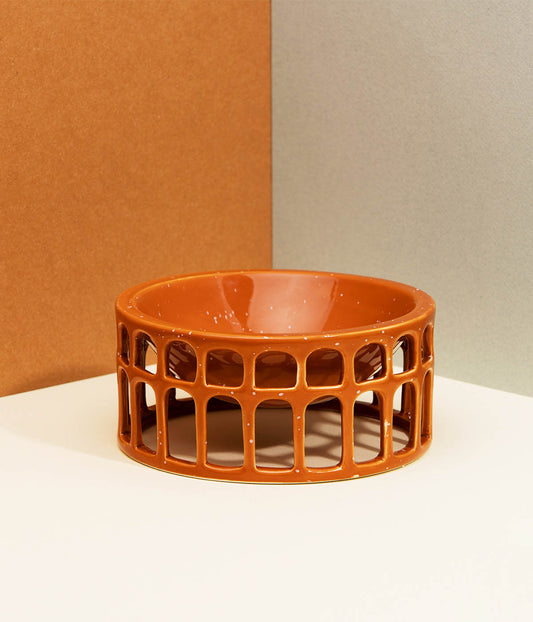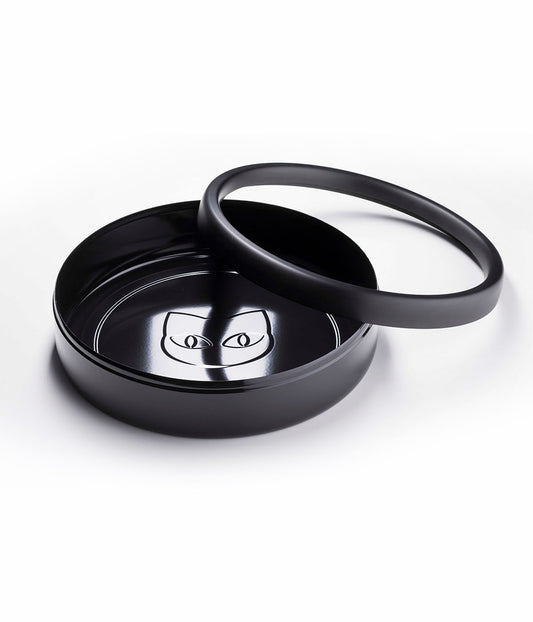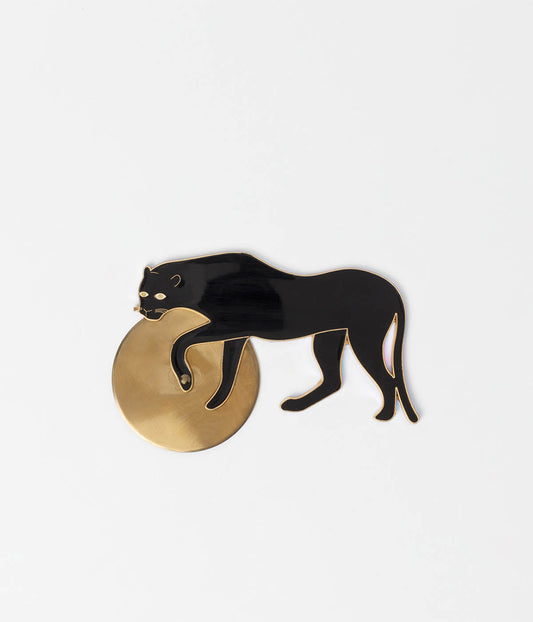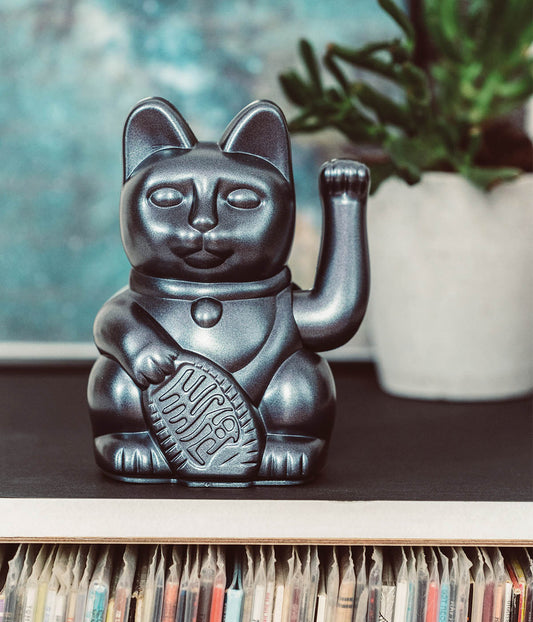
Help my dog eat something bad. First aid for a poisoned dog
Marie DuchessAs a responsible pet owner, it's important to be prepared for any emergency situation that may arise with your furry friend. One such situation is when your dog ingests something toxic or poisonous. Knowing how to provide first aid for a poisoned dog can make a significant difference in their recovery. In this blog post, we will discuss the steps you should take if your dog eats something bad.
1. Stay calm and assess the situation
The first and most important step is to remain calm. Panicking will only make the situation worse. Assess the situation and try to determine what your dog has ingested. Look for any packaging or remnants of the toxic substance.
2. Contact your veterinarian immediately
Time is of the essence when dealing with a poisoned dog. Contact your veterinarian or a pet poison helpline right away. Provide them with all the necessary information, such as the type of toxin, the quantity ingested, and your dog's current condition. They will guide you on the next steps to take.
3. Do not induce vomiting without professional advice
Contrary to popular belief, inducing vomiting in a poisoned dog is not always the right course of action. Some substances can cause more harm if vomited back up. It is crucial to seek professional advice before attempting to induce vomiting.
4. Follow your veterinarian's instructions
Your veterinarian may instruct you to administer activated charcoal or other specific treatments based on the type of toxin involved. Follow their instructions carefully and administer any prescribed treatments promptly.
5. Keep your dog comfortable and monitor their vital signs
While waiting for professional help, keep your dog comfortable and monitor their vital signs. Look out for symptoms such as vomiting, diarrhea, excessive drooling, difficulty breathing, or seizures. Note down any changes in their condition to provide accurate information to the veterinarian.
6. Prevent future incidents
Once your dog has received the necessary treatment, it's essential to take steps to prevent future incidents. Keep all toxic substances securely stored out of your dog's reach. This includes household cleaners, medications, certain plants, and human foods that are toxic to dogs.
7. Regularly update your knowledge
Stay informed about common household toxins and their effects on dogs. Regularly update your knowledge on pet first aid and CPR techniques. Being prepared and knowledgeable can save your dog's life in an emergency situation.
Remember, this blog post is not a substitute for professional veterinary advice. Always consult with your veterinarian for specific guidance tailored to your dog's situation. By acting swiftly and calmly, you can provide the necessary first aid and increase the chances of a positive outcome for your beloved pet.













